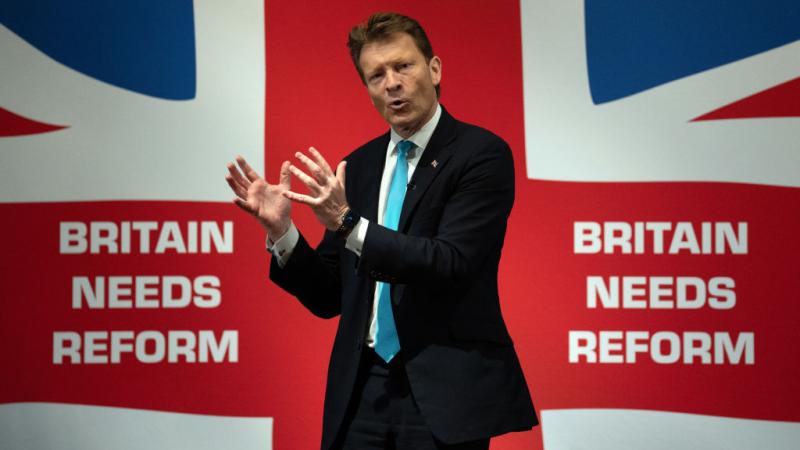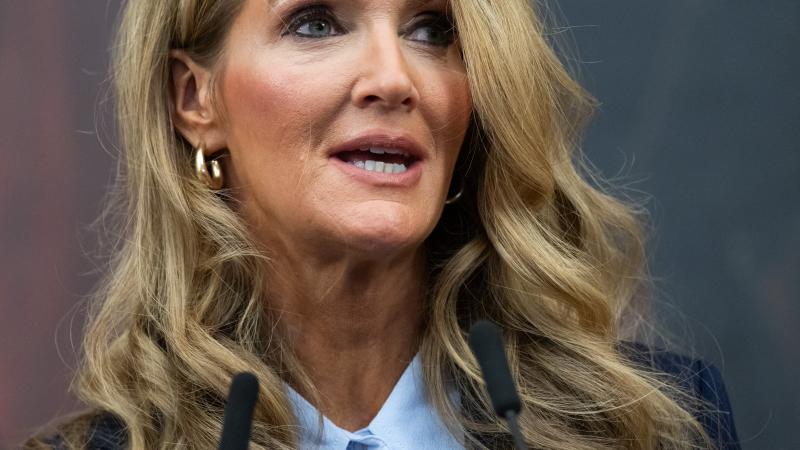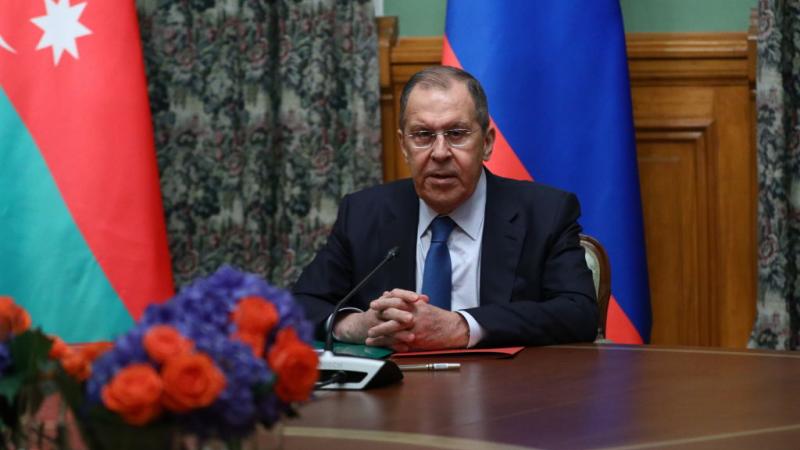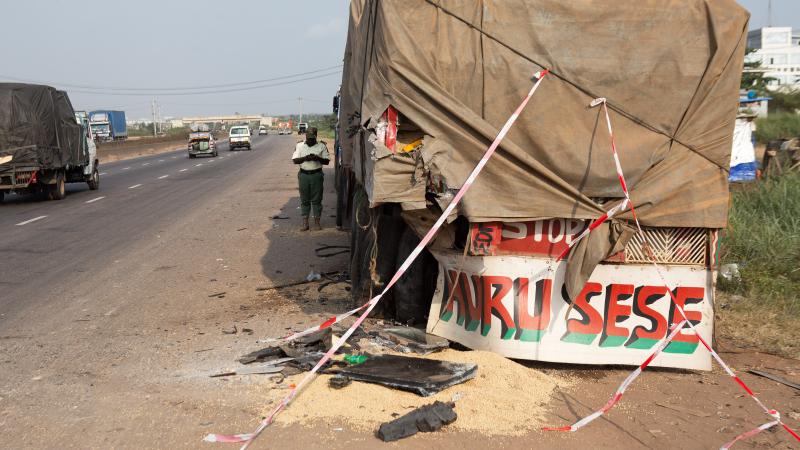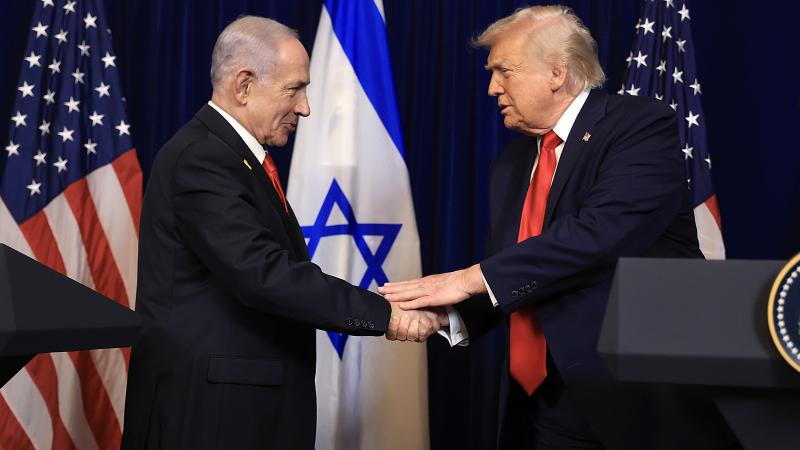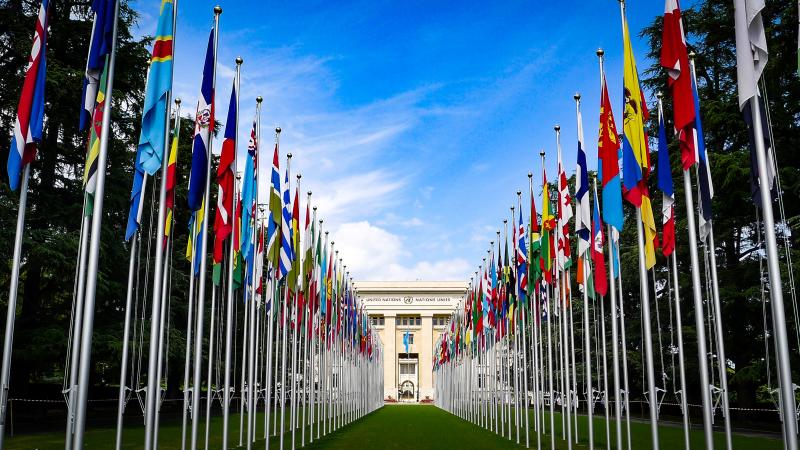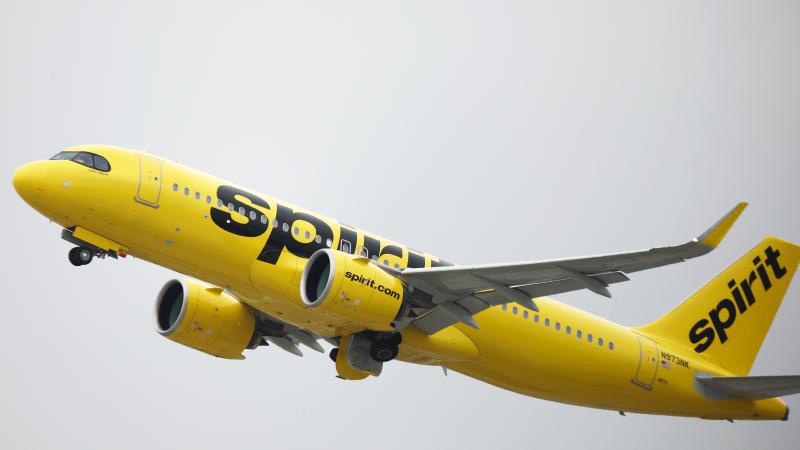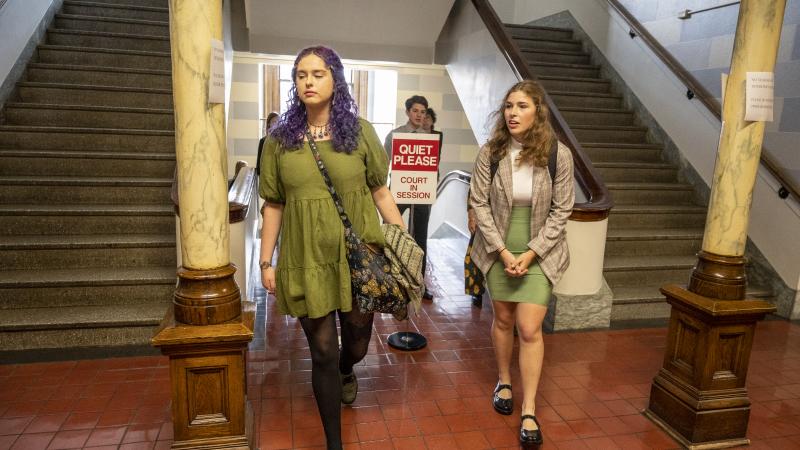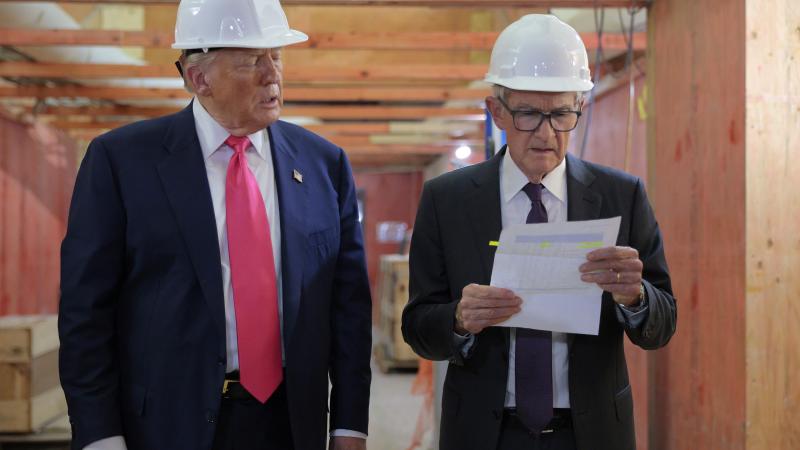States say they need additional government funding for vaccine distribution plans and implementation
Health and Human Services Secretary Alex Azar says states will not be responsible for the cost of their vaccine programs
States across the country are saying they'll need billions more in federal assistance to administer a coronavirus vaccine, as the start date for the process now appears to be rapidly approaching.
Experts say final FDA approval could come as early as next month and that Americans could start receiving shots by as early as spring 2021 – following pharmaceutical companies Moderna and Pfizer each saying in recent days that their respective vaccine has shown about a 95% efficacy rate in late-stage human trials.
The money will be needed to properly receive, store, record, and administer the vaccines.
Congressional leaders recently received a letter from groups representing local health officials, requesting at least $8.4 billion in additional funding to execute the vaccination distribution plans.
Several months ago, the CARES Act allocated $200 million to the states to design vaccination distribution plans, and will receive another $140 million before those plans have to be implemented in mid-December.
However, efforts between Republicans and Democratic lawmakers in Washington to pass another round of coronavirus relief money have stalled since spring with no breakthrough in sight.
"It is essential that we get federal support, and that includes money," said New Jersey Democratic Gov. Phil Murphy.
Susan Dunlap, a Kentucky Health and Family Services spokesperson, discussed her concern about CARES Act funding lapsing by year's end.
"Once CARES Act funding expires after Dec. 30, funding will be insufficient," she said. "It is crucial that Congress provide additional financial support to states to successfully distribute COVID-19 vaccines."
Officials from states including Colorado, Georgia, Idaho, Maryland, Minnesota and Oregon say they expect to receive additional funding from the federal government in the weeks ahead, though they've not been told how much financial support to expect.
It is unclear how much additional funding states will need from the federal government, which will depend in large part on how many people are vaccinated by private-care providers or through federal partnerships with companies like CVS and Walgreens.
Much of this information will likely remain unknown before the Food and Drug Administration approves the vaccines for emergency use and states are able to calculate their exact needs.
On a Monday call with governors, Department of Health and Human Services Secretary Alex Azar told state leaders that they would not be responsible for the cost of vaccine programs. The federal government will pay both for the vaccines itself, as well as for the most of administering and transporting the shipment of them.

